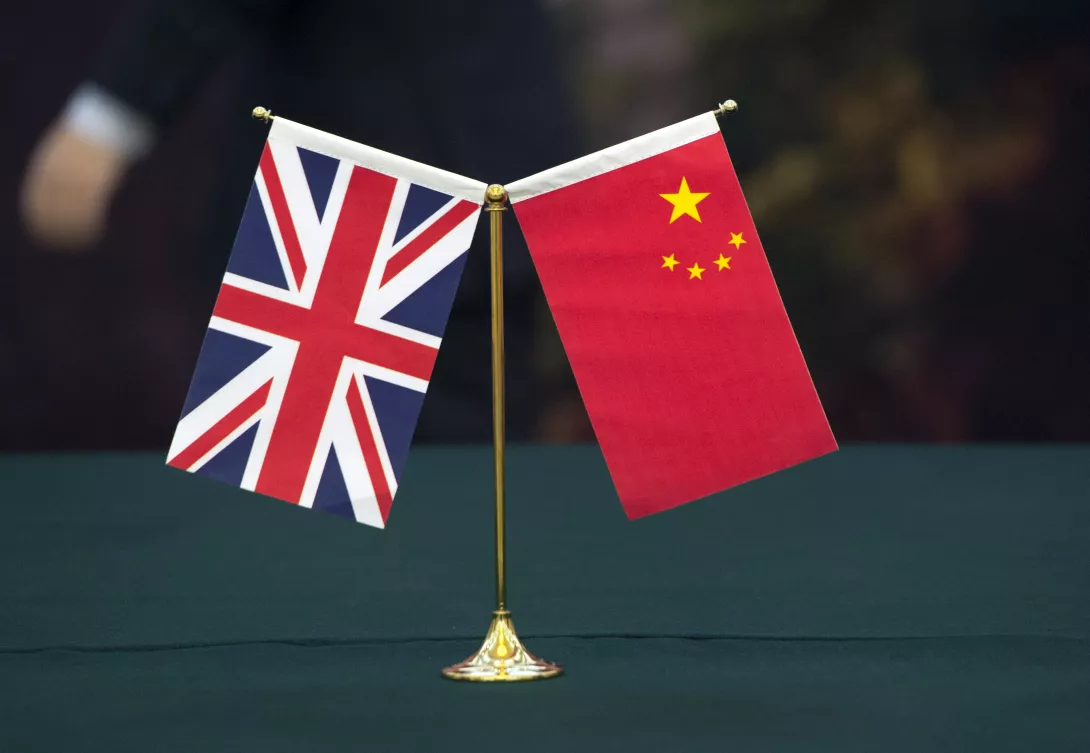The proxy war in Ukraine is heading to a denouement with the US and Russia dividing the spoils while the European powers stand bewildered by events they have been wilfully blind to, says KEVIN OVENDEN
Hawkish support for the US’s cold war is damaging Britain
We need to strengthen the connections between the anti-wage cuts and peace movements, argues FIONA EDWARDS of No Cold War Britain
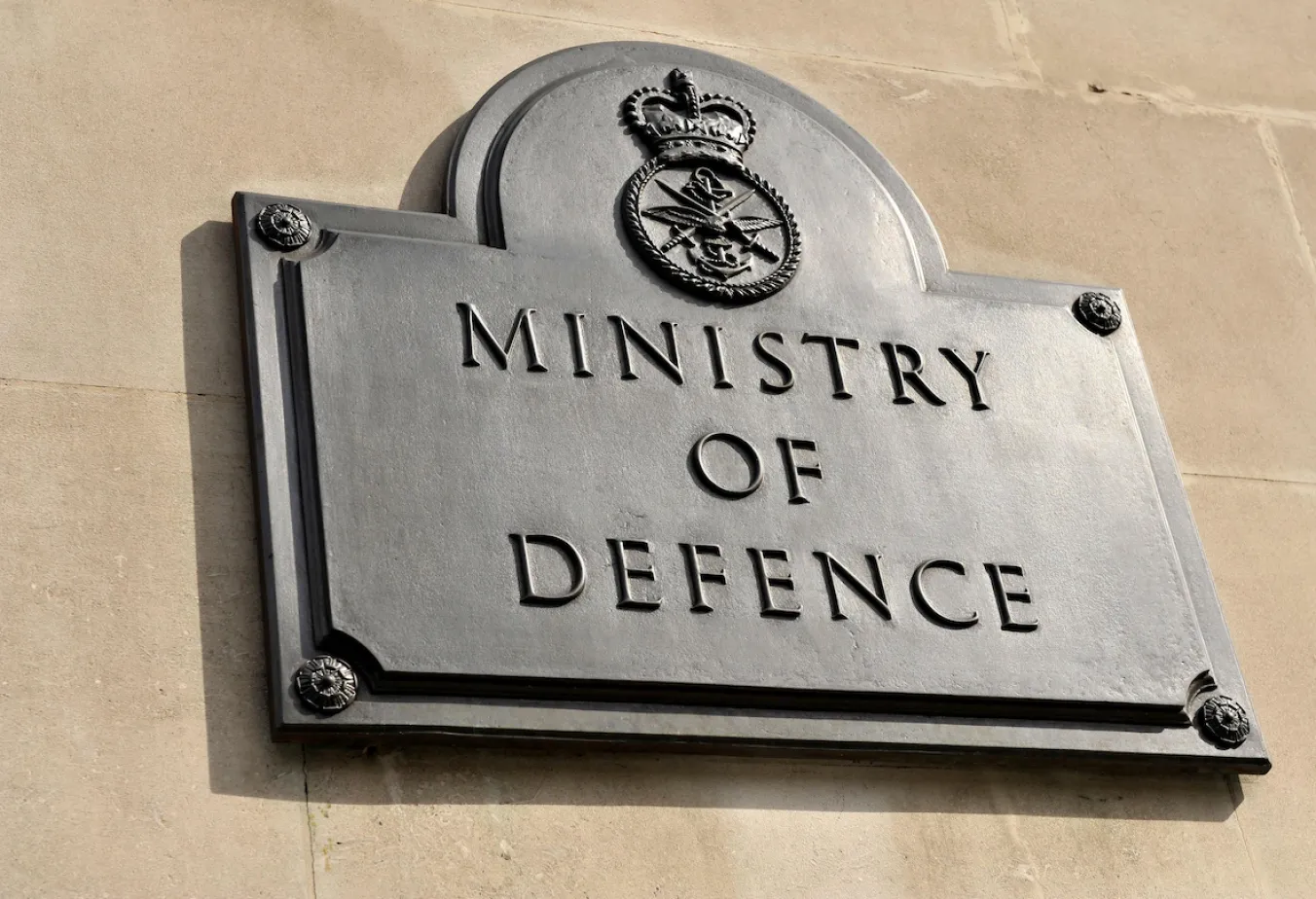
BRITAIN’S economy is in dire straits. New figures released by the International Monetary Fund (IMF), which cannot be accused of anti-capitalist bias, estimate that the UK economy will shrink by 0.3 per cent this year, making it the worst-performing G7 economy.
This will have disastrous consequences for ordinary people already suffering from the worst cost-of-living crisis in decades amid soaring inflation and declining real wages.
That the Tory government’s savage austerity policies offer no way out of this crisis — indeed, are a major cause of Britain’s economic problems — is an issue that is well understood and debated within the labour movement.
More from this author

Hunan province’s transformation shows how state investment can lift millions from deprivation — but Western states avoid discussion of this while ramping up military spending instead, writes FIONA EDWARDS

The majority of the global public want peace – can Beijing help bring this about, asks FIONA EDWARDS of No Cold War
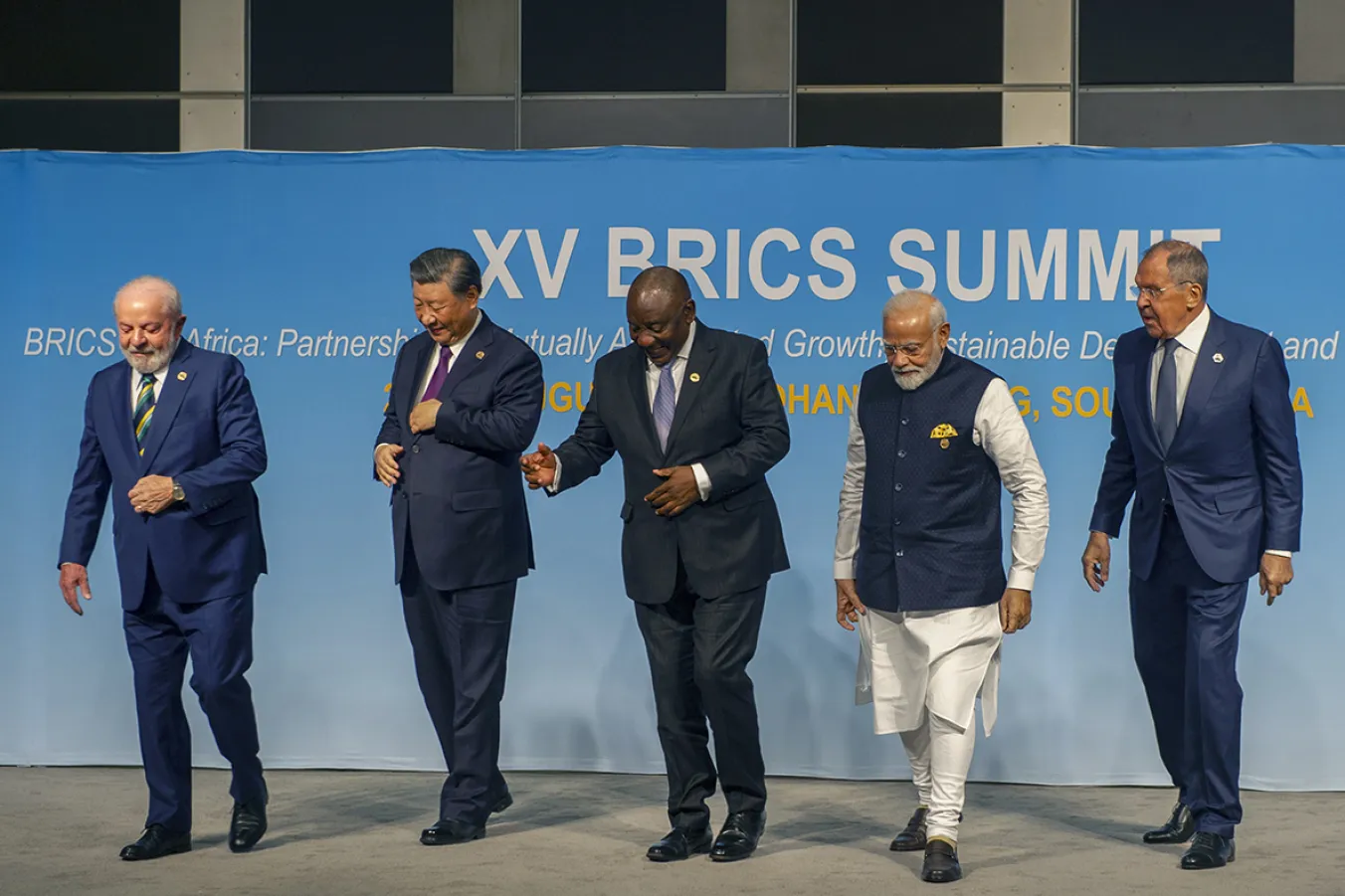
Britain is ramping up military spending while the global South is instead focusing on co-operation through entities like the Brics coalition — it is clear which approach is paying dividends, warns FIONA EDWARDS

FIONA EDWARDS assesses evidence that the United States has given up on peaceful economic competition – and is engaged in a drive to world war
Similar stories
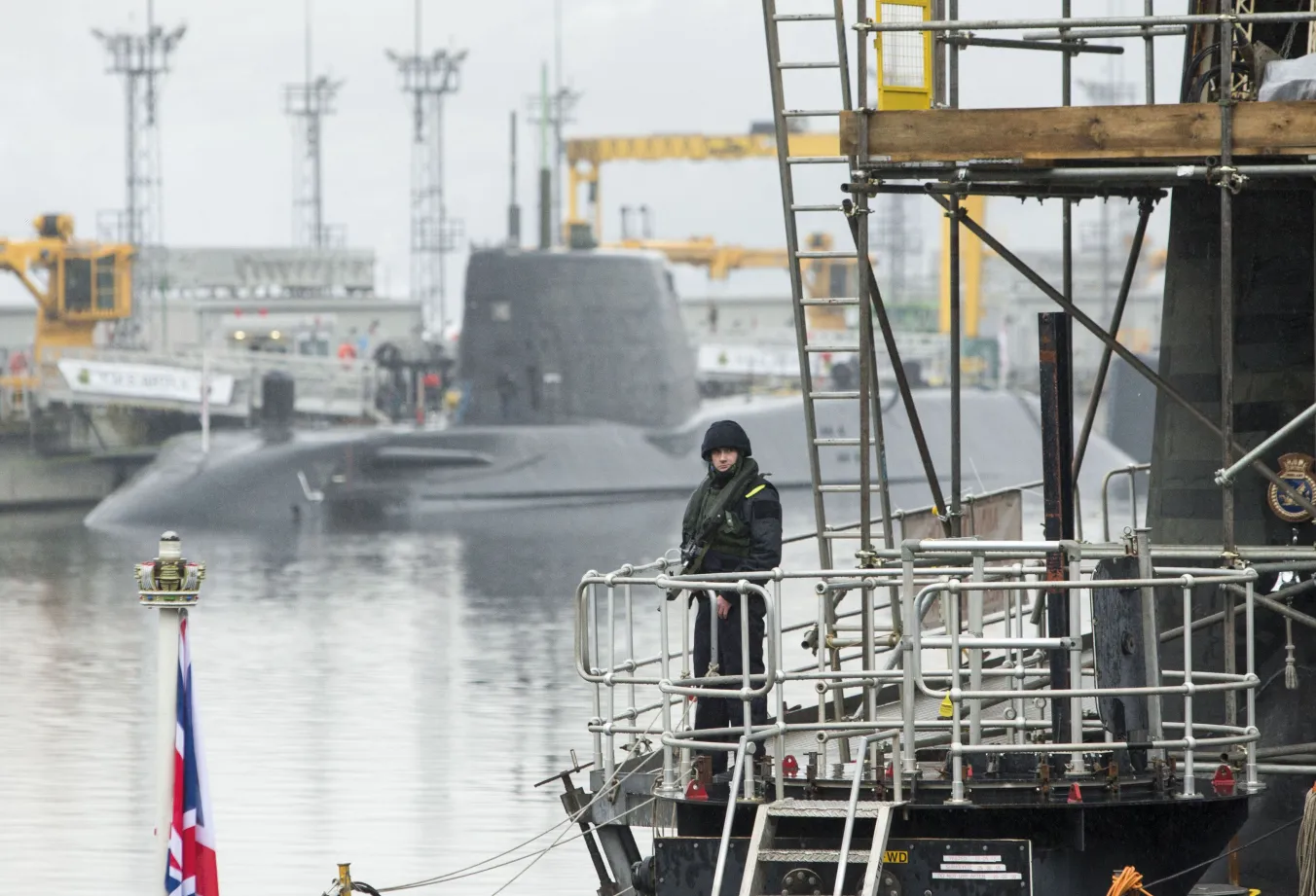
Overcoming US global dominance is key: the Star publishes a speech from SOPHIE BOLT, from Saturday’s CND World We Want conference
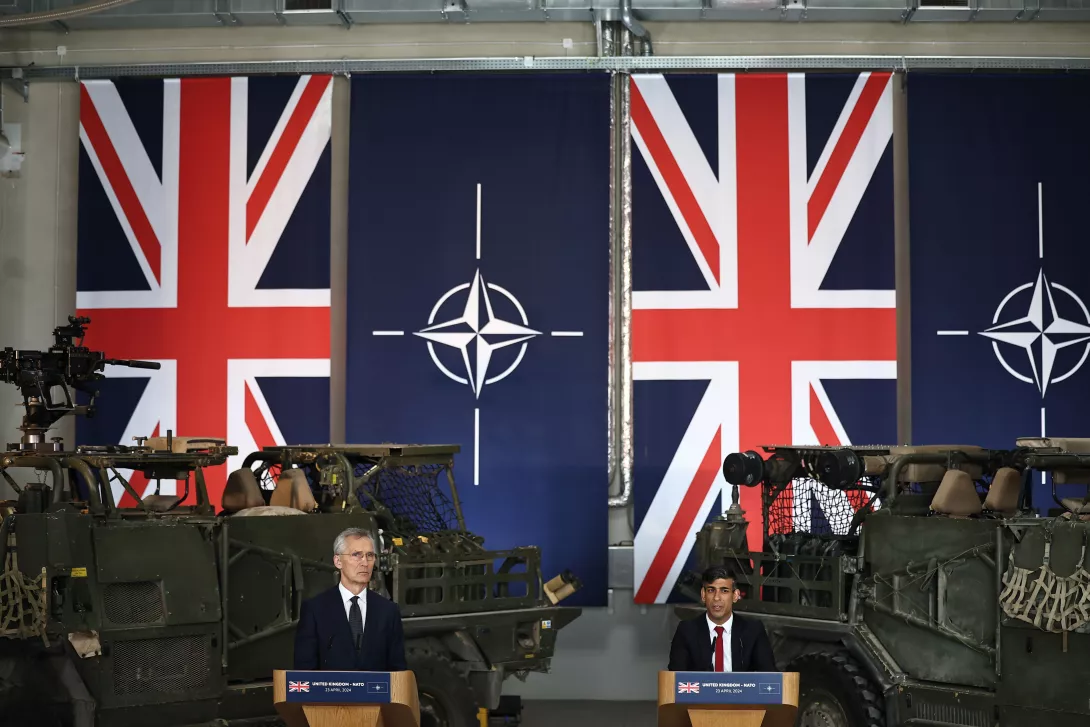
As the election rapidly approaches STEVE BISHOP highlights the need for a progressive foreign policy
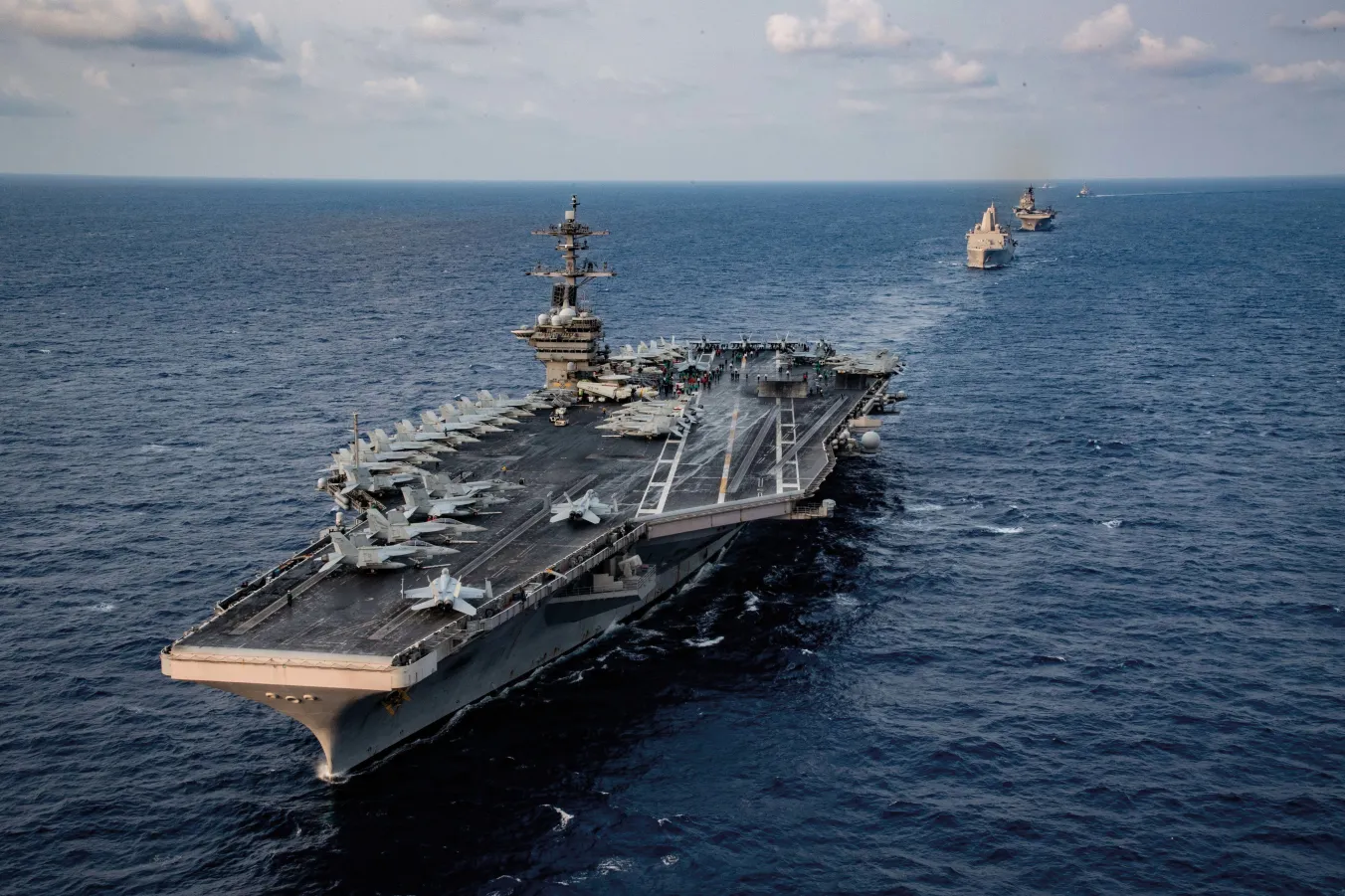
The US-steered Aukus military alliance is cranking up hostilities by inviting Japan into the anti-China pact, writes FIONA EDWARDS of the No Cold War campaign










